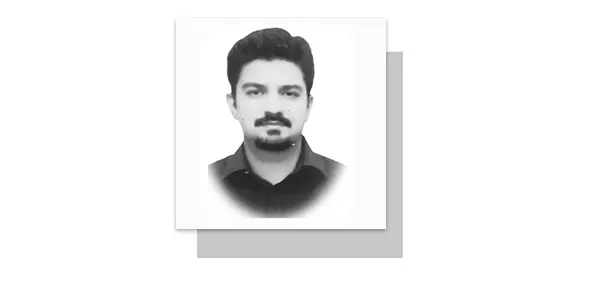THE recent chilling incident in Toba Tek Singh, Punjab, Pakistan, has once again thrust the issue of femicide into the spotlight. On the 18th of March, 2024, the harrowing act of a brother strangling his sister to death, while their father stood by, offering water as if it were a mundane task, was recorded, which later became viral on social media. Sadly, such atrocities are not isolated incidents but rather symptomatic of a deeper societal malaise prevalent in our part of the world.
Femicide, a term coined to denote the killing of women, has its roots entrenched in patriar-chal structures, archaic customs, and misguided notions of honor. It encompasses intentional killings with a gender-related motivation, often perpetrated by family members under the guise of preserving familial honor. While this phenomenon is not unique to Pakistan, its prevalence and persistence demand urgent attention and concerted action.According to UN Women, the global statistics are staggering, with around 48,800 women and girls falling victim to femicide in 2022 alone. Shockingly, this translates to over 133 women or girls being killed every day by someone within their own family. These numbers, however, represent only the tip of the iceberg, as many cases go unreported or are inadequately docu-mented due to systemic shortcomings in criminal justice systems.
In a landmark move, Pakistan’s southern province of Sindh has taken a significant step to-wards addressing this scourge by announcing the establishment of a femicide observatory. This initiative, aimed at monitoring, researching, and analyzing intentional killings of women or girls due to their gender, holds promise in guiding policymakers and law enforcement agencies in their efforts to combat violence against women. However, such measures need to be replicated and bolstered nationwide to have a meaningful impact.
Tangible policy solutions must be devised and implemented to tackle femicide effectively. Firstly, there needs to be a comprehensive overhaul of legal frameworks to ensure stringent punishment for perpetrators and enhanced protection for victims. Additionally, investment in education and awareness campaigns is imperative to challenge ingrained gender stereotypes and promote gender equality. Moreover, the establishment of dedicated support services and shelters for survivors of gender-based violence is crucial to providing them with the neces-sary resources and assistance.
Femicide in Pakistan must be recognized not merely as a law and order issue but also as a public health crisis. The ramifications of such violence extend far beyond the immediate vic-tims, affecting families, communities, and society at large. Addressing femicide requires a multi-sectoral approach, involving collaboration between government agencies, civil society organizations, healthcare providers, and grassroots activists.
The epidemic of femicide in Pakistan demands urgent and concerted action on multiple fronts. While the establishment of femicide observatories is a step in the right direction, it is imperative to translate rhetoric into concrete measures and ensure their effective implementa-tion nationwide. Only through collective effort and unwavering commitment can we hope to stem the tide of femicide and create a safer, more equitable society for all.
—The writer is Associate Professor, Health Services Academy, Islamabad.
Email: [email protected]










